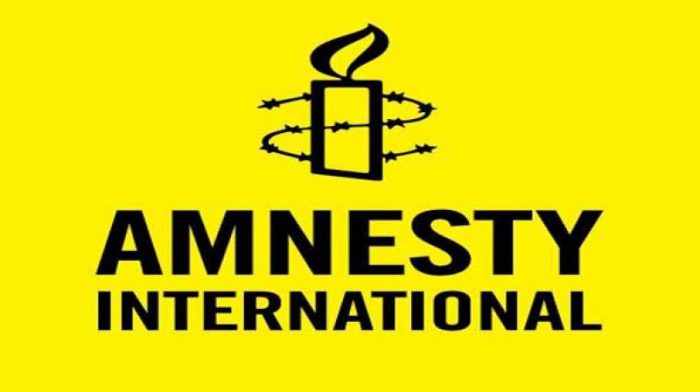Human rights group Amnesty International has criticized a decision by Moldovan authorities on Thursday to detain and expel a group of Turkish citizens, calling it part of a pattern of reprisals against Turkish nationals living abroad, Reuters reported.
Moldova’s state security service stated it had expelled seven foreign nationals because they posed a threat to national security, without mentioning their nationality.
An associate of the detainees told reporters he suspected the expulsions had been done at Ankara’s behest. Turkish authorities have not commented on the case so far, while pro-government media published stories implying it was an operation by Turkey’s intelligence service.
The detainees were teachers and officials at a network of schools originally set up by the movement of US-based Muslim cleric Fethullah Gülen, which Turkish authorities accuse of orchestrating a failed 2016 coup in Turkey, an allegation denied by the movement.
Turkey has put pressure on countries to deport people believed to be linked to schools financed by Gülen, whose movement Ankara has declared a terrorist organization.
“We are deeply concerned about the fate of the seven detained Turkish nationals,” Marie Struthers, Amnesty International’s director for Eastern Europe and Central Asia, said in a statement.
“The Moldovan authorities didn’t just violate these individuals’ rights once by deporting them – they put them on a fast-track to further human rights violations such as an unfair trial.”
Another teacher who was detained but later released told reporters, “We do not know exactly what is happening, but we think this is an order from Turkey.”
Nick Frumos, one of the lawyers for the detainees, said he did not know their whereabouts.
The deputy speaker of the Moldovan parliament publicly questioned the decision to expel the teachers and said he had asked the security service for an explanation.
President Igor Dodon denied Moldovan media reports that expelling citizens at the behest of the Turkish authorities was one of the conditions attached to Ankara donating $10 million to the renovation of the Moldovan presidential building.
The building has been empty since 2009 when demonstrators set fire to it.
Dodon urged the media not to speculate on the expulsions.
“Having received confirmation of the existence of a risk to national security, a decision was made to immediately expel these individuals from the territory of Moldova,” a statement by the security service said.
In March of this year, anti-corruption prosecutors detained a director of the school network, known as Orizont, for questioning. He was released and then asked for political asylum in Moldova, which was rejected. He left the country and his current whereabouts are not known to Moldovan authorities.
